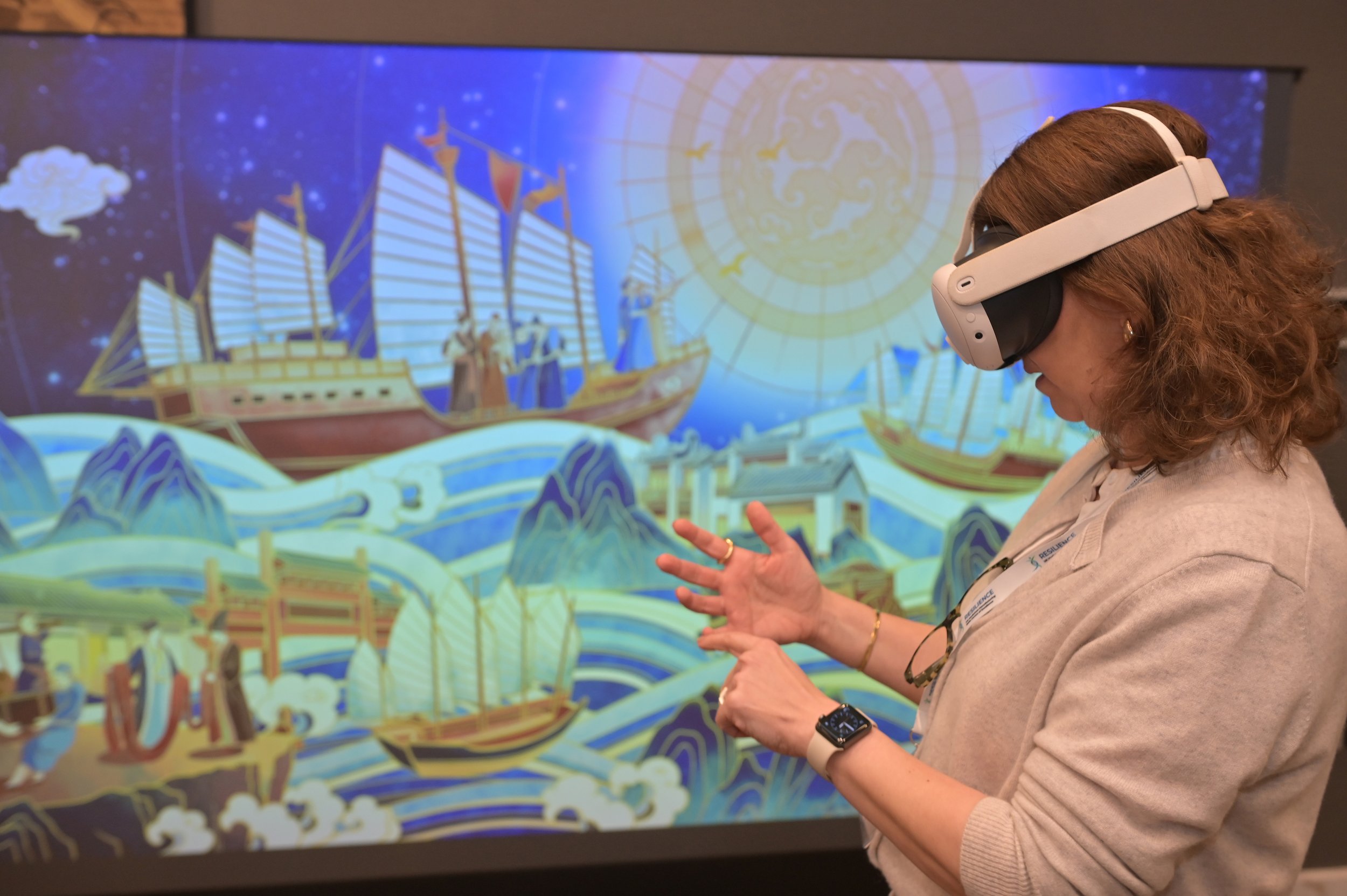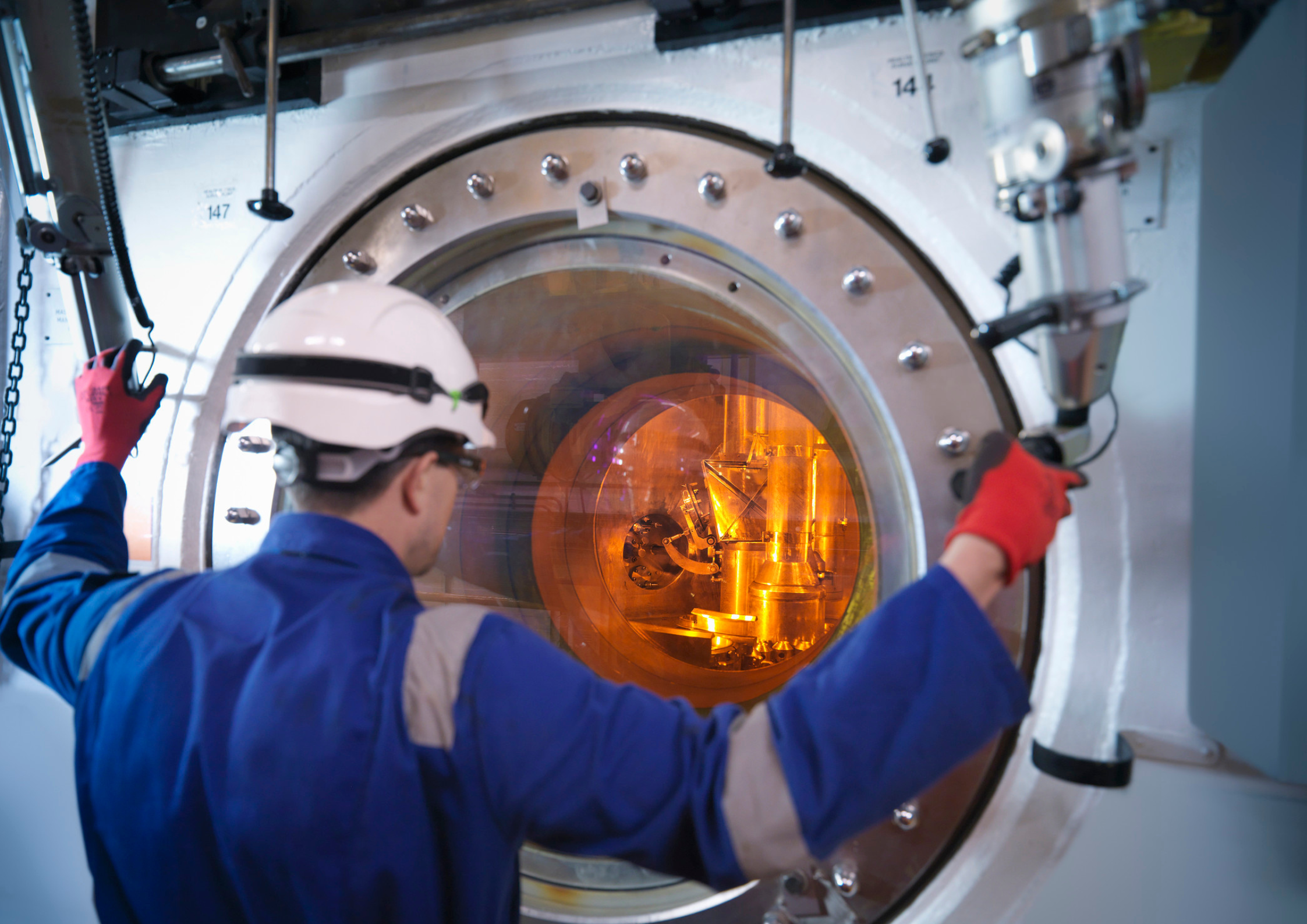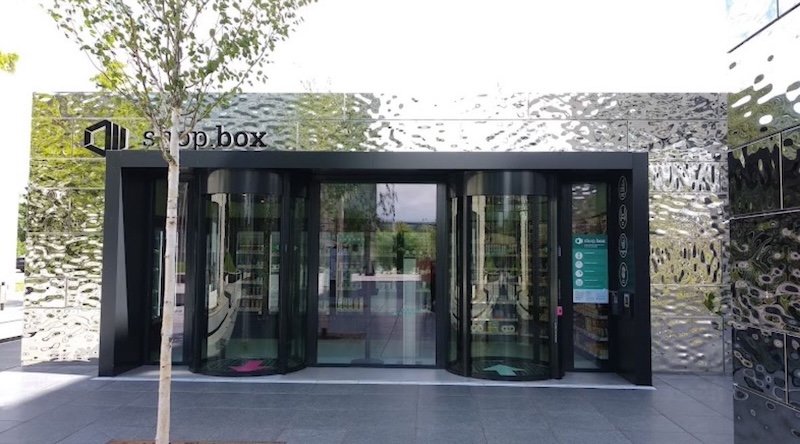Virtual Reality training in UK medicines manufacturing aims to reduce NHS Carbon emissions
A government-funded project in the UK is utilizing VR technology to train individuals in advanced medicines manufacturing, aiming to reduce travel and material waste while contributing to the NHS’s net zero carbon emissions target.
The Resilience project, a £4.3 million initiative managed by Innovate UK, was launched in April 2023 to address skills shortages in the medicines manufacturing sector. It provides STEM outreach programs and hands-on training for students, professionals, and NHS staff.
VR technology reducing carbon emissions
VR training allows learners to develop technical and laboratory skills without needing to travel to training facilities or consume physical materials. By minimizing road travel and resource usage, the program aims to reduce emissions associated with traditional training methods.
Professor Ivan Wall, co-director of Resilience at the University of Birmingham, highlighted how VR enhances training while lowering environmental impact:
“VR technology is advancing rapidly, and the ability to recreate in detail real-world environments means we can deliver high-value training without the need to be in those environments,. This cuts dramatically the need for travel, a major source of emissions, and additionally means we don’t consume expensive and potentially environmentally harmful materials, such as single-use plastics.”
According to the Faculty of Public Health, NHS-related road travel in England accounts for 9.5 billion miles annually, making up 3.5% of all road traffic in the country. Virtual training could help lower emissions associated with workforce travel while maintaining high training standards.
VR’s role in training and skills development
The Resilience project incorporates VR to simulate real-world environments for training in medicines manufacturing and advanced laboratory techniques. The virtual models are based on the Cell & Gene Therapy Catapult’s manufacturing center in Stevenage, one of the most advanced facilities in the UK.
The project provides training to schools, colleges, universities, and NHS professionals, ensuring that participants can develop practical skills without disrupting operations in real laboratories.
Supporting NHS sustainability goals
The NHS committed in 2020 to achieving net zero carbon emissions by 2040, with an interim goal of an 80% reduction between 2028 and 2032. Major contributors to NHS emissions include its supply chain, medicine production, and travel. VR-based training could support these sustainability efforts by reducing workforce travel and decreasing the need for resource-intensive training materials.
Professor Wall emphasized that VR’s benefits extend beyond sustainability, also serving as a tool to engage young people in the field of medicines manufacturing:
“The use of VR technology is central to our project, helping young people safely learn skills that it would be impractical to gain in the real world due to logistics and capacity.
“We can deliver training in schools and colleges or at any of our partner universities, cutting down the need for travel and avoiding unnecessary waste. Even better, VR is exciting; from our experiences so far, young people find it highly engaging, which helps attract them into this vital sector for the UK economy.”




















